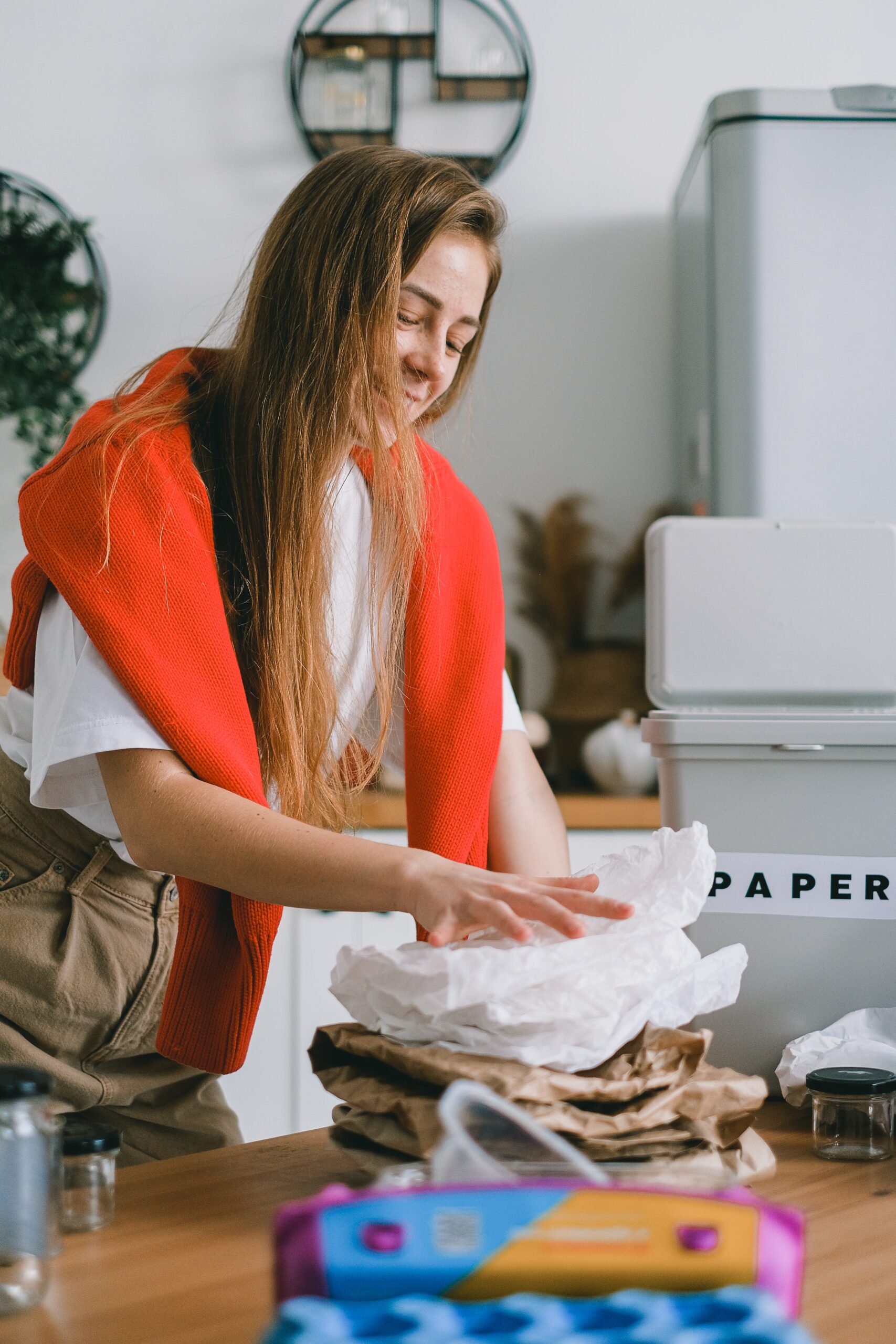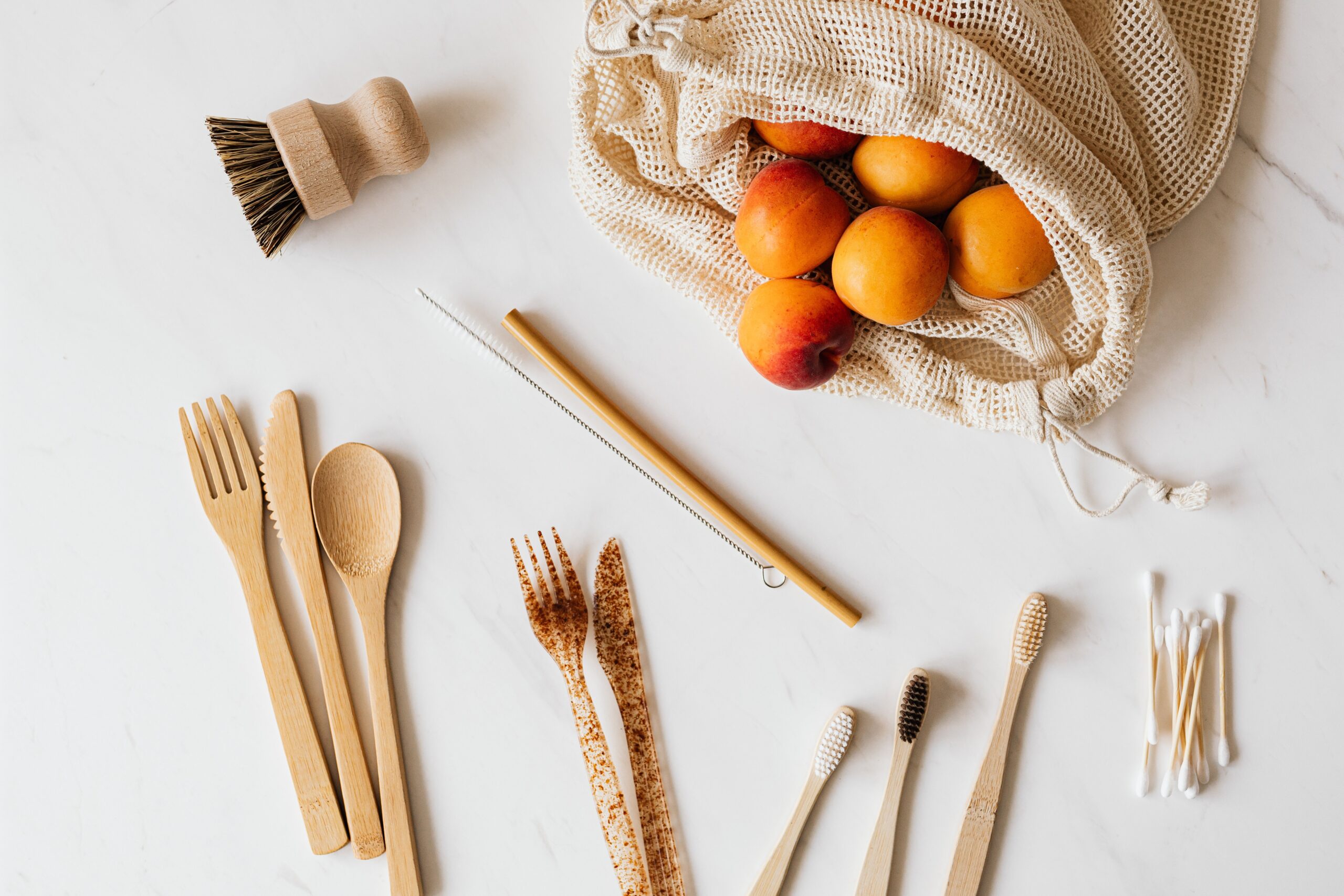Between events, there are many household consumables that we use regularly. These consumables include food items, cleaning supplies, and personal care products. To ensure that these items remain safe and usable, it’s important to store them properly. In this post, we’ll discuss how to properly store household consumables between events.
Food Items
Food items can be expensive, and wasted food can be frustrating. Proper storage of food items helps to reduce waste and save money in the long run. Here are some tips for storing food items between events:
1. Label and date containers. This will help you keep track of how long the food has been stored and ensure you use the oldest items first.
2. Use airtight containers. Using airtight containers will help keep the food fresh and prevent it from spoiling.
3. Keep food in a cool, dry place. Exposure to heat, humidity, and moisture can reduce the shelf life of the food item. So, to preserve the taste, freshness, and nutrients of the food, store it in a cool, dry place like a pantry, cupboard, or refrigerator.
4. Use food-safe storage containers. Glass, stainless steel, and BPA-free plastics are good options for storing food. Make sure to avoid using plastic containers that are not labeled BPA-free.
5. Freeze food items that will not be used immediately. Freezing is a great way to prolong the shelf life of many foods. Just be sure to label the date and contents of the container.
6. Protect food items from pests. Rodents and insects can ruin food. Keep food items in sealable containers or store them in a lidded trash can to protect them from pests.
Cleaning Supplies
Cleaning supplies can be hazardous to pets, children, and the environment. Proper storage of these products will help keep everyone safe. Here are some tips for storing cleaning supplies:
1. Store cleaning supplies in their original containers. Cleaning supplies typically come in containers that are designed to keep the contents stable and safe. Keep them in their original containers, and avoid transferring them to other bottles or containers.
2. Keep cleaning supplies out of reach of children and pets. Cleaning supplies should be stored in a secured cabinet or on a high shelf. Avoid storing them in areas where children or pets can easily access them.
3. Store cleaning supplies away from food. Cleaning supplies can be dangerous if consumed. To avoid any potential mix-ups while cooking or cleaning, store cleaning supplies in a separate cabinet from food items.
4. Keep cleaning supplies away from heat, flames, and direct sunlight. Exposure to heat, flames, or direct sunlight can cause these products to leak, corrode or even explode.
5. Disposal of expired, old, or unused cleaning products. If you have old or expired cleaning supplies, check the label for instructions on how to correctly dispose of them. Some cleaning supplies can cause environmental harm if thrown in the trash or down the drain.
Personal Care Products
Many personal care products contain active ingredients that can break down over time or be affected by light, heat or moisture. Proper storage can help keep these products in top condition. Here are some tips for storing personal care products:
1. Keep personal care products away from heat and sunlight. Many personal care products contain active ingredients that can break down or become less effective when exposed to heat and light. So, it is necessary to keep them away from direct sunlight and heat sources.
2. Store personal care products in a cool, dry place. Storing personal care products in a cool, dry place can help prolong their shelf life.
3. Do not share personal care items with others. Sharing personal care items can increase the risk of spreading germs, infections, and viruses. So, it is best to keep the items for personal use only.
4. Check the expiration dates. Expiration dates are important, especially with products that contain active ingredients. These ingredients are less effective as they age. So, you should check the label for expiration dates when purchasing personal care products, and dispose of them if they are expired.
5. Keep personal care products out of reach of children. Children should not have access to personal care products as they can be harmful if ingested.
Conclusion
Household consumables are essentials that we use every day, from food to personal care items, and cleaning supplies. Proper storage of these items between events ensures the safety and quality of our products. Whether it’s storing food items in airtight containers, keeping cleaning supplies out of reach of children, or ensuring that personal care products are kept away from heat and sunlight, following these tips will help ensure that these consumables stay in top condition until the next event
We welcome any suggestions or questions. You can email us or contact us using the contact page.
You can also connect with us on the following social networks:








0 Comments